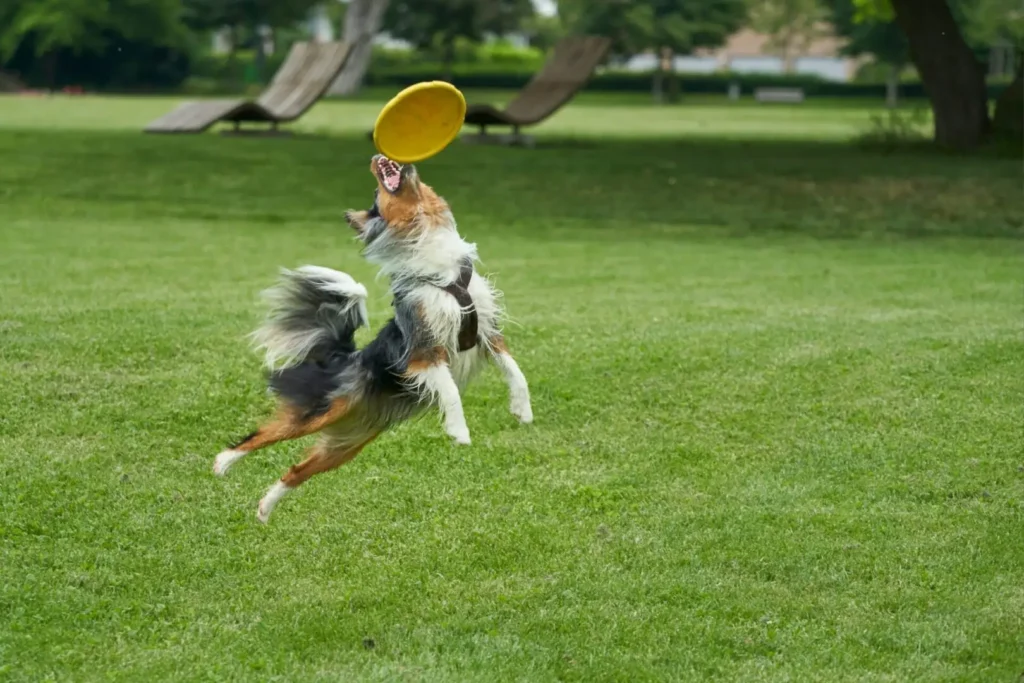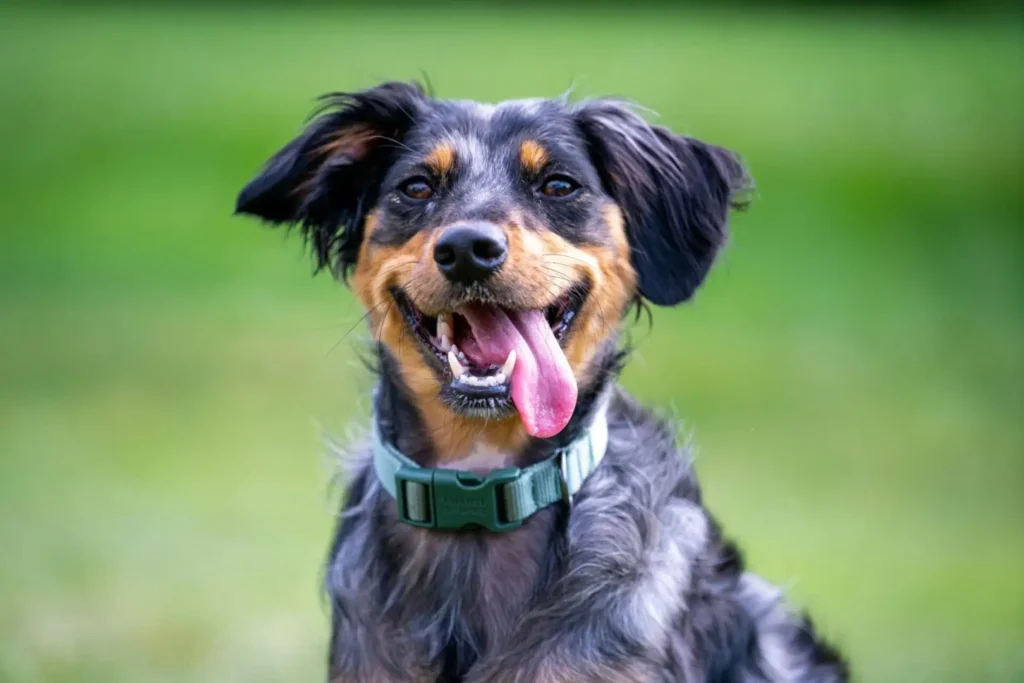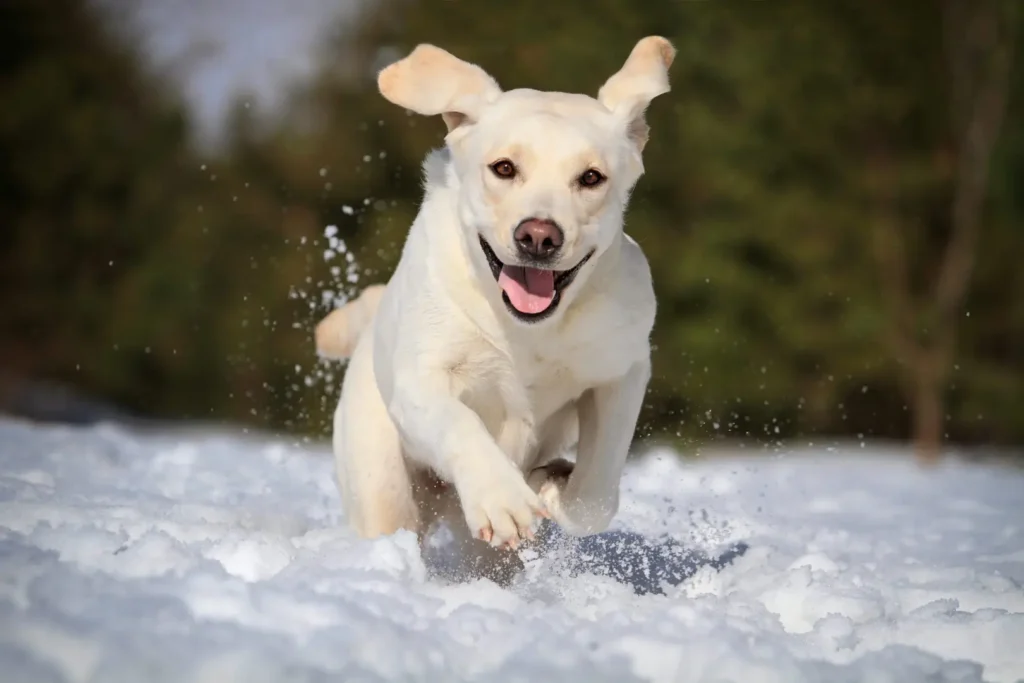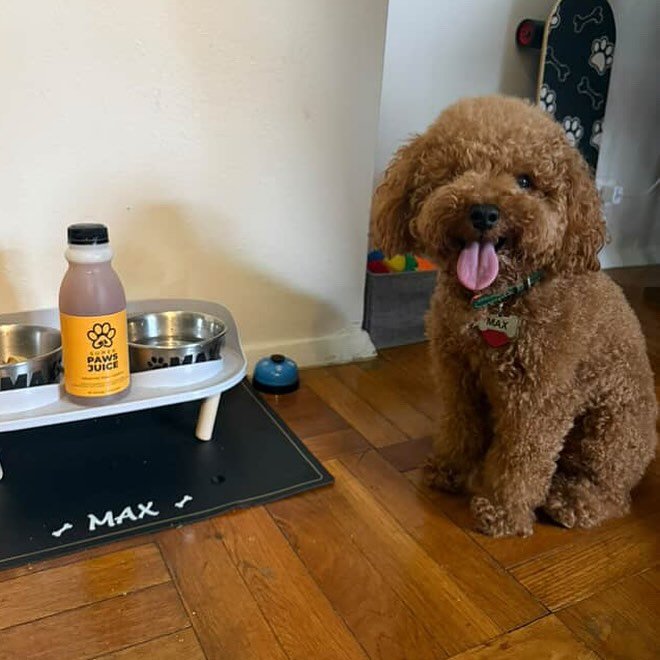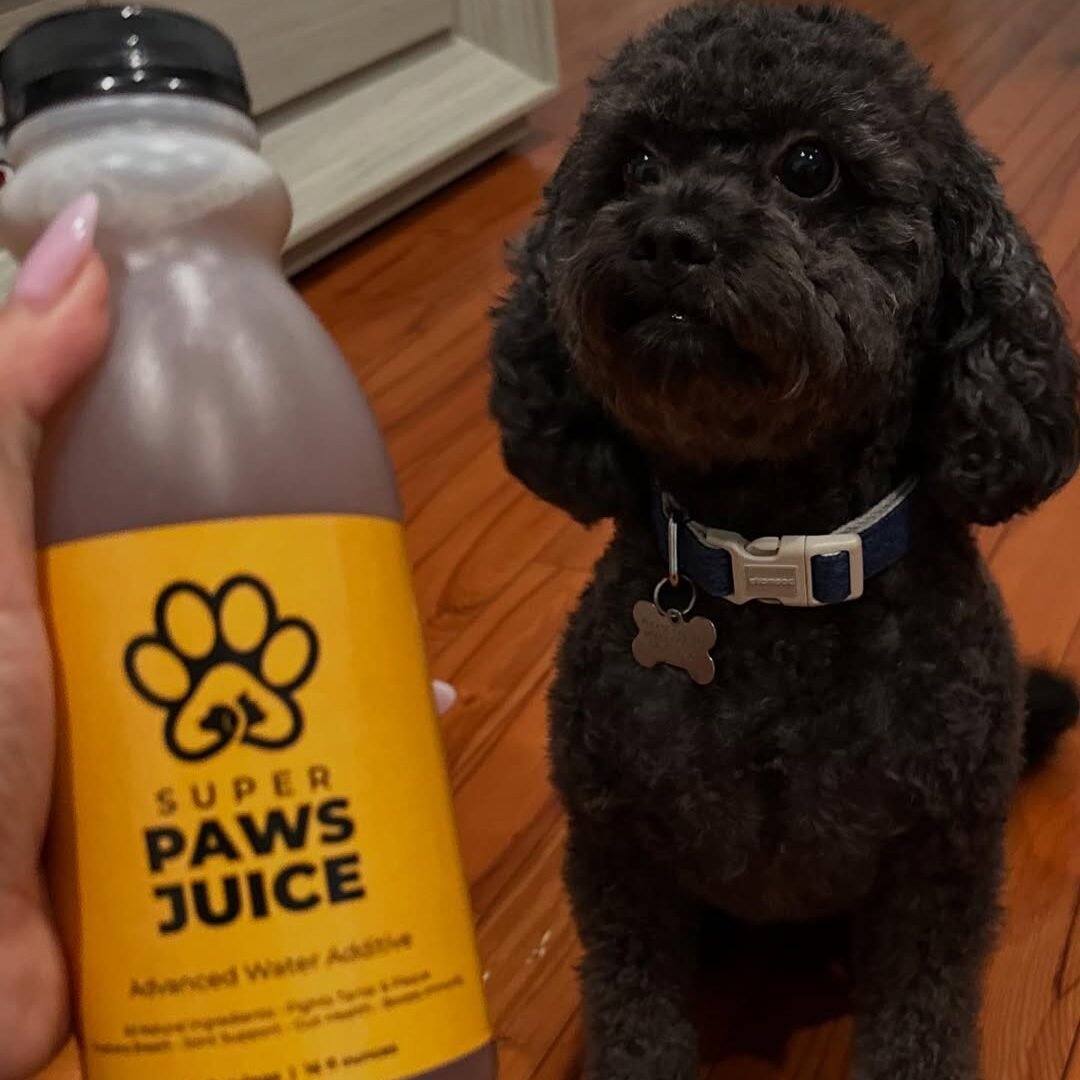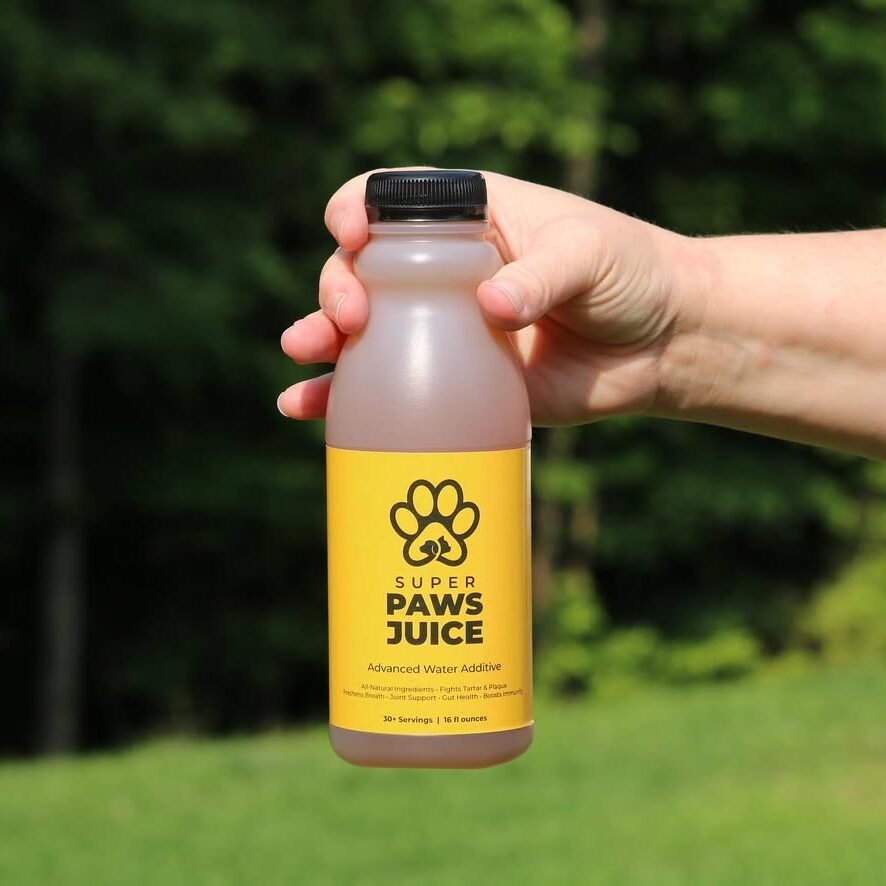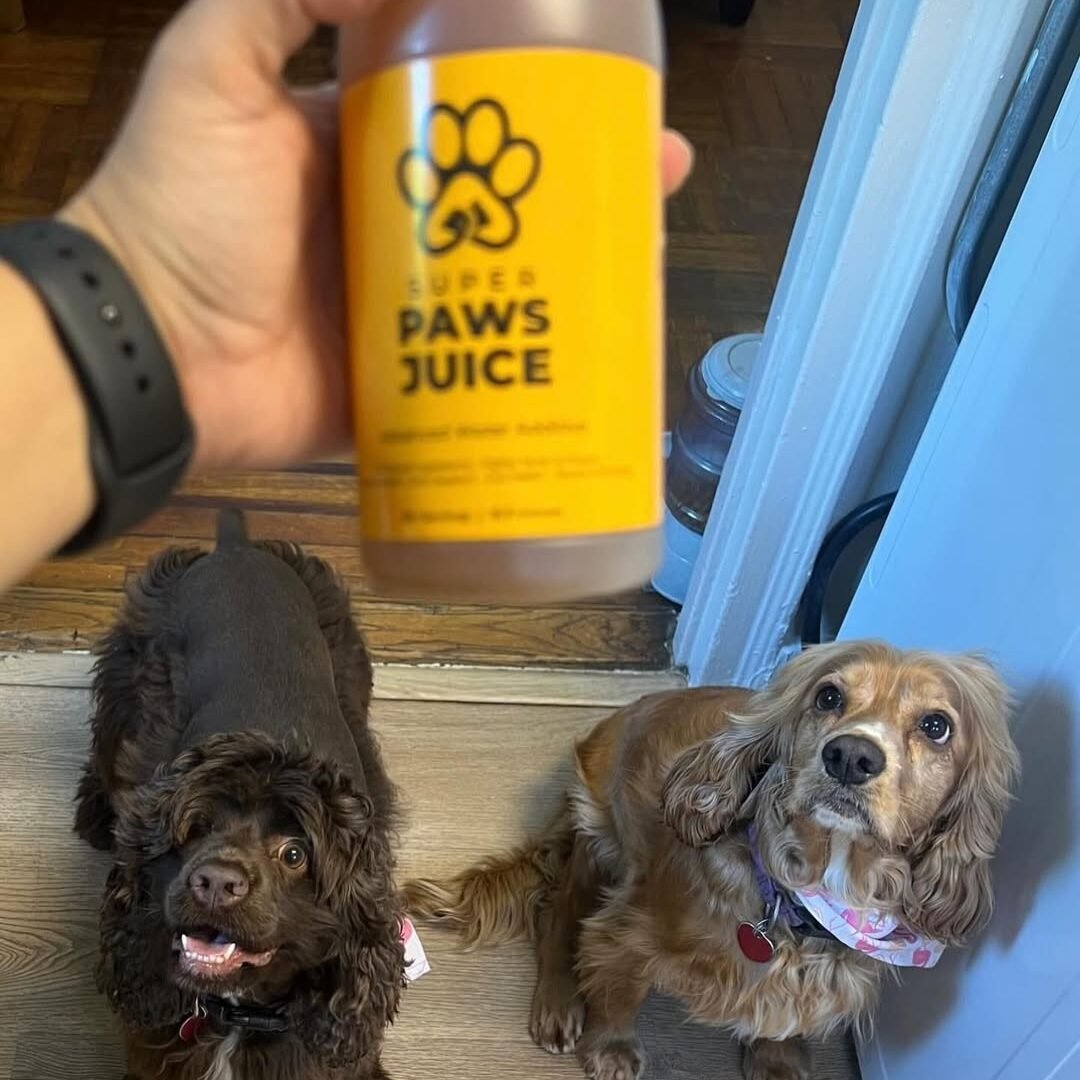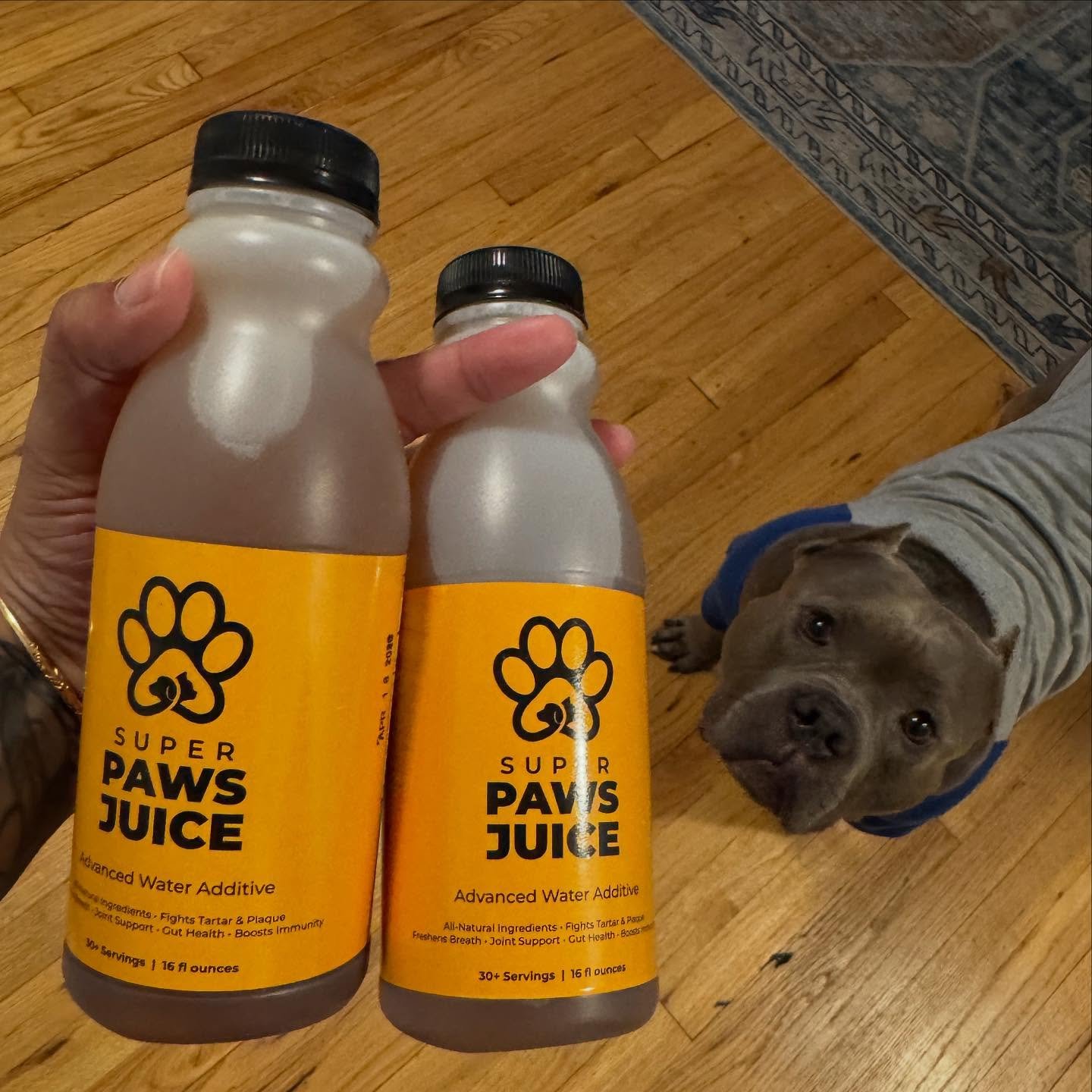Is your dog scratching nonstop? Learn how to help dry dog skin by knowing the symptoms, causes, and home remedies.
Quick Facts
- Knowing the symptoms of dry skin in dogs (itchiness and flaky skin) is key to prevention and treatment.
- Environmental factors, allergies, nutritional deficiencies, and genetic predisposition are the key causes of dry skin in dogs.
- Home remedies, diet changes, and proper grooming can greatly affect a dog’s skin.
Dry Skin on Dogs
Knowing dry skin in dogs is key to relief and prevention. Symptoms are:
- itchiness
- flaky skin
- redness
- dull coat
Increased scratching and dandruff-like flakes on your dog’s fur are symptoms of dry skin and may indicate an underlying condition.
Dry skin can cause discomfort and potentially more serious skin infections if left untreated. Gently brushing your dog’s fur, using a humidifier in dry weather, not over-bathing, and using non-drying shampoos can help with minor dandruff or dry skin in dogs.
Treat dry skin quickly to keep your dog’s coat healthy and skin comfortable.
Causes of Dry Skin in Dogs
Knowing why dogs get dry skin is key to fixing and preventing it. Environmental factors like harsh weather and overbathing can cause it. Cold weather makes dry skin worse due to environmental conditions.
Food and environmental allergies are major contributors to itchy or dry skin in dogs. Unresolved allergies can lead to atopic dermatitis.
Nutritional deficiencies, especially in essential fatty acids, can damage the skin. Bacterial and fungal infections and parasites like Demodex mites and scabies can cause dry and flaky skin.
Certain breeds are more prone to skin issues due to genetic factors.
Home Remedies for Dog’s Dry Skin
Home remedies can help dogs with dry skin and improve their skin. Proactive steps and simple home treatments can manage dry skin.
There are many options, from topical applications to diet changes. For example, applying cooled tea bags to hot spots or itchy areas can give localized relief. Epsom salt can exfoliate the skin, making it smoother and more comfortable.
Here are some you can try at home.
Coconut Oil for Moisturized Skin
Coconut oil is a natural moisturizer for dry dog skin due to its antibacterial and antifungal properties. To apply coconut oil, warm a small amount in your hands and massage it into your dog’s dry skin.
Coconut oil moisturizes the skin, promotes a healthy coat, and prevents flaky or scaly skin.
Regular use will show noticeable results on your dog’s skin.
Oatmeal Baths for Itchy Skin
Oatmeal baths calm itchy skin in dogs due to anti-inflammatory components like avenanthramides and phenols. To make an oatmeal bath, simply grind plain oatmeal into a fine powder and mix with warm water until dissolved.
Add milk or olive oil to the oatmeal bath to enhance moisturizing effects. Chamomile or green tea can be added for extra soothing. This will relieve itching and overall skin health.
Apple Cider Vinegar for Skin Irritation
Diluted apple cider vinegar is a common remedy for skin irritation and yeast infections in dogs. Applying it will alleviate itching and reduce yeast on the skin.
Mix apple cider vinegar and water equal parts and apply to affected areas with a cotton ball or spray bottle to improve skin and reduce inflammation.
Diet for Healthy Skin
Diet is a major factor in healthy skin in dogs. An inadequate diet lacking essential fatty acids will damage the skin. Increasing omega-3 fatty acids will help dry skin by maintaining moisture.
A complete diet is necessary for healthy skin and to prevent skin issues. Key components include protein, fats, carbohydrates, vitamins, minerals, and water. Dog owners should consult a vet to ensure a balanced diet and consider their dog’s diet.
Omega Fatty Acids in Diet
Omega-3, 6, and 9 fatty acids are important for skin hydration and coat quality. Adding omega-3 fatty acids to a dog’s diet will maintain skin moisture and reduce inflammation. Vitamins A and E will improve skin health.
Omega fatty acids are found in fish oil supplements, flaxseed oil, and natural oils like olive oil.
These can be added to your dog’s food for healthy skin.
Hydration and Nutritional Balance
Proper hydration and a balanced diet are essential for overall skin health in dogs. Continuous access to fresh water throughout the day will significantly improve skin condition.
Adding moisture to the air with a humidifier will soothe and treat dry skin. Proper hydration with a nutrient-rich diet will maintain healthy skin and a shiny coat.
Also adding Super Paws Juice to a dog’s water bowl daily helps break down food, and aids in the digestion process. Its also been known to help with allergies that are food related.
Grooming Practices
Grooming is important for healthy skin and coats in dogs. Frequent grooming distributes natural oils and removes irritants, and regular brushing removes dead skin and distributes healthy oils.
Don’t over bathe and use harsh shampoos to strip natural oils from your dog’s skin. Gentle brushing and proper grooming will promote better skin and prevent irritation.
Brushing to Remove Dead Skin Cells
Regular brushing will maintain a healthy coat by distributing natural oils and removing dead skin cells and dryness. Removing dead skin cells through regular brushing will prevent buildup that can irritate.
Regular brushing with proper grooming will give you a shiny, healthy coat.
Gentle Shampoos
Choose moisturizing shampoos with natural ingredients to prevent stripping essential oils from your dog’s skin. The vet recommended gentle shampoos are best.
A vet can help you choose the right shampoo for your dog. Gentle shampoos will prevent irritation and dryness, healthy skin and coat.
Our choice is baby shampoo by Johnson and Johnson
When to Consult a Vet
Knowing when to see a vet is important for your dog’s health. Persistent itching, skin odor, excessive dandruff, and hair loss require vet attention. Dry skin can be caused by systemic disorders like Cushing’s disease, hypothyroidism, allergies, and infections.
If your dog’s dry skin persists or worsens, a vet can diagnose and treat underlying health issues accordingly.
Preventive Measures for Dry Skin
Preventive measures are key to maintaining your dog’s skin health. Dry indoor air, especially in winter, can dry out the skin. Keeping a humid environment will help alleviate dry skin issues.
Providing dogs with fresh water throughout the day will improve skin condition. Limiting bathing and avoiding harsh shampoos will prevent skin from drying out. Regular brushing will remove dead skin and prevent matting, which can worsen skin issues.
Conclusion
In summary, it is important to recognize and treat dry skin in dogs. Early detection of symptoms, understanding the cause, and using home remedies will make a big difference in your dog’s skin.
Preventive measures and proper grooming are key to a healthy coat. A balanced diet and proper hydration can help maintain comfortable, itch-free skin. Remember, when in doubt, always consult a vet.
FAQs
What are the symptoms of dry skin in dogs?
Symptoms of dry skin in dogs include itchiness, flaky skin, redness, and a dull coat, often with dandruff-like flakes. Recognizing these symptoms early will ensure your dog’s skin health.
Can dietary changes help my dog’s dry skin?
Yes, dietary changes, especially increasing omega-3 fatty acids and eating a balanced diet, can help your dog’s dry skin. Choose high-quality dog food with these nutrients for better results.
How do I use apple cider vinegar safely for my dog’s skin irritation?
To safely use apple cider vinegar for your dog’s skin irritation, mix it with equal water and apply it to the affected area using a cotton ball or spray bottle. Always monitor your dog’s reaction and consult a vet if irritation persists.
How often should I brush my dog for dry skin?
Brush your dog a few times weekly to distribute natural oils and alleviate dry skin. This will keep their coat healthy and reduce skin issues.
When should you consult a vet for dry skin?
Consult a vet if your dog is itching persistently, has skin odor, excessive dandruff, or hair loss.




